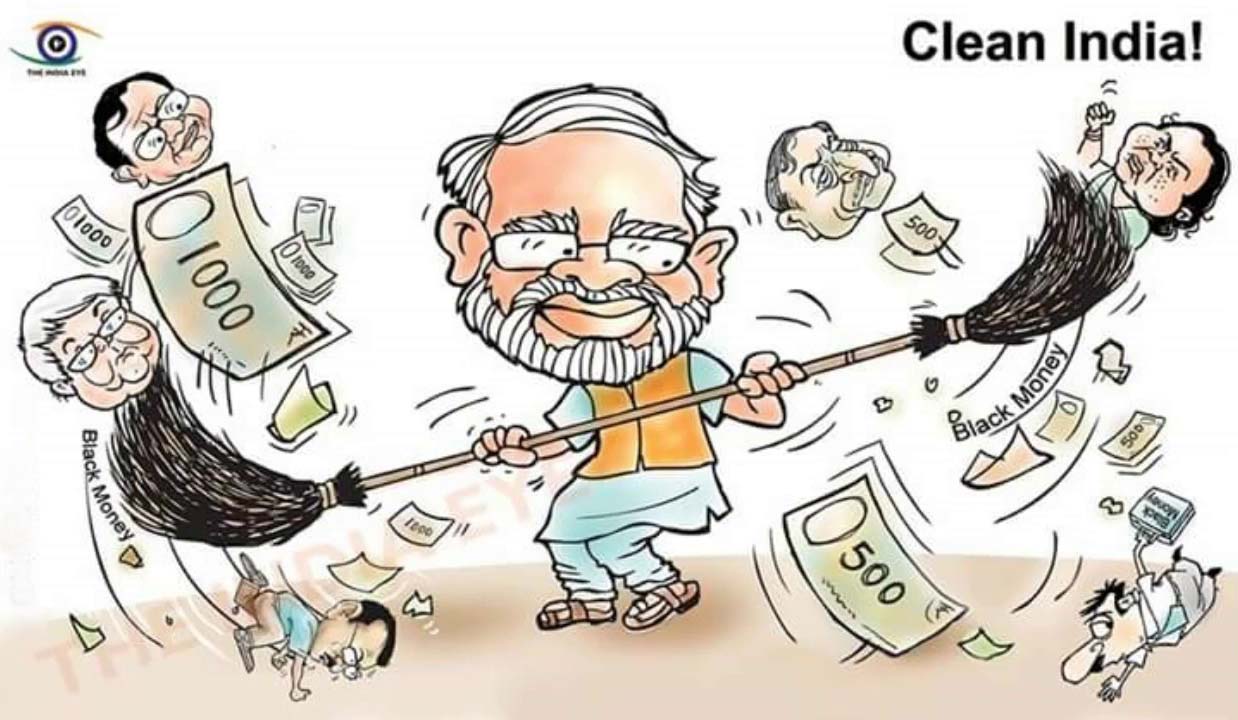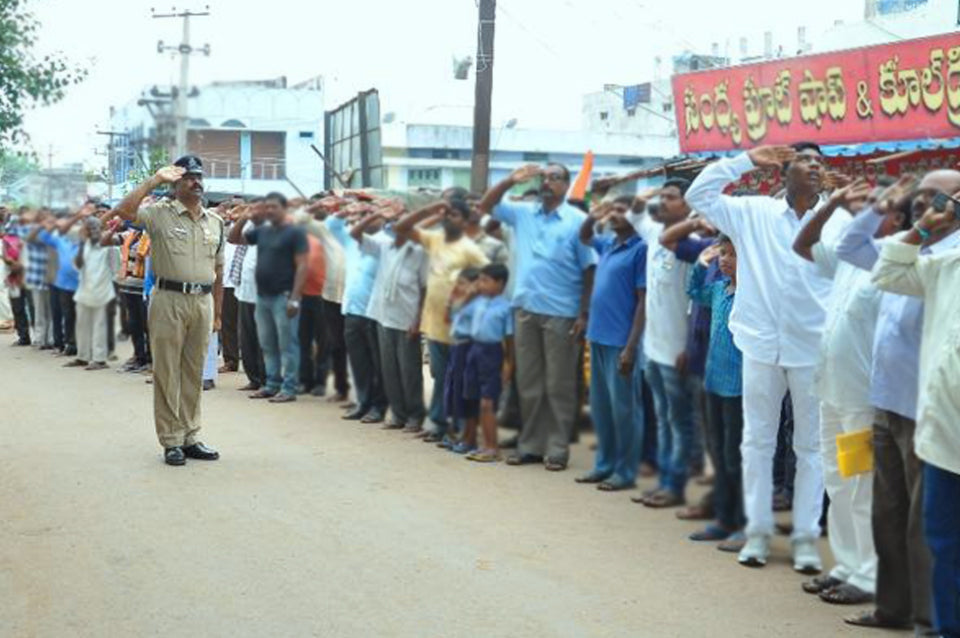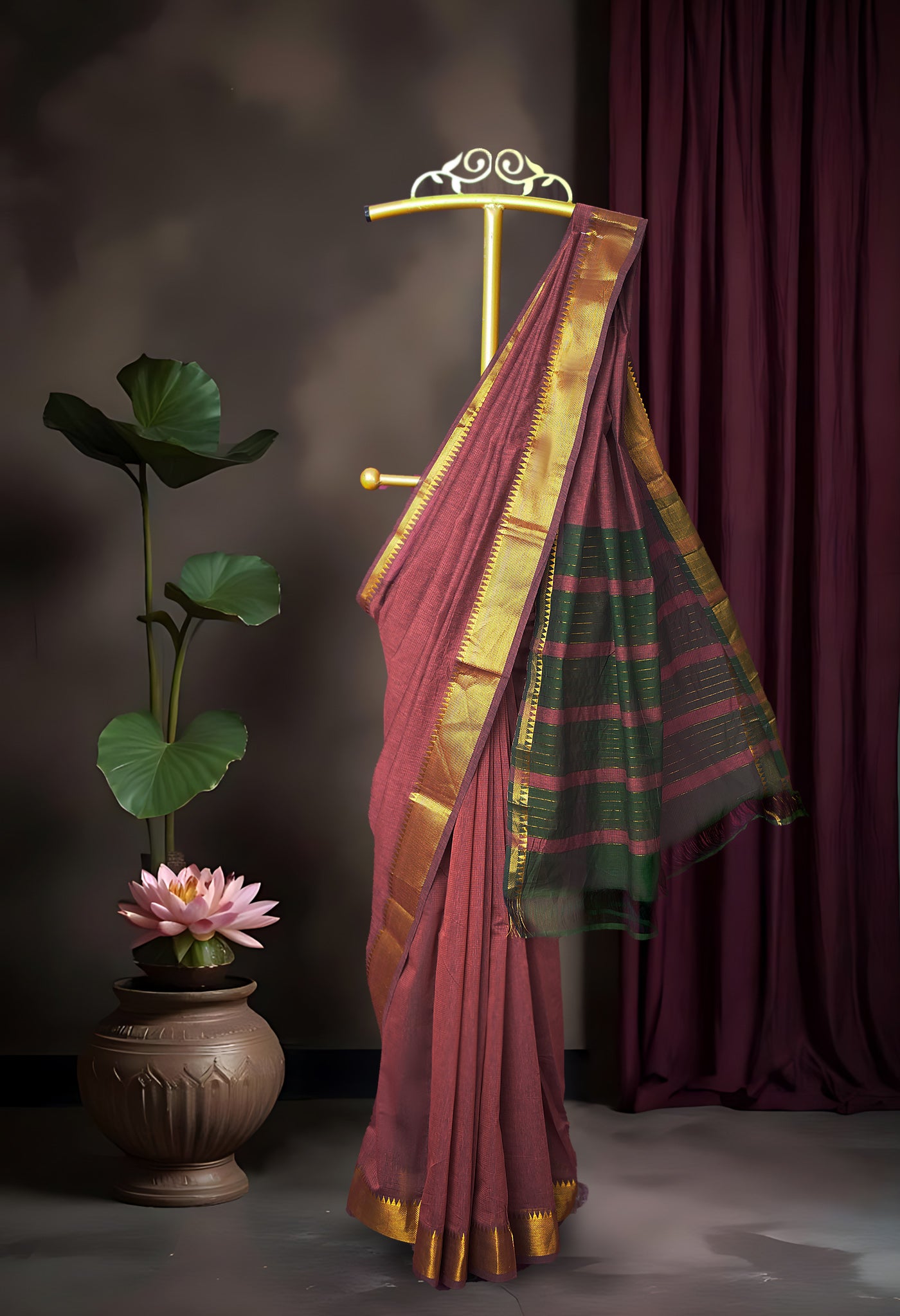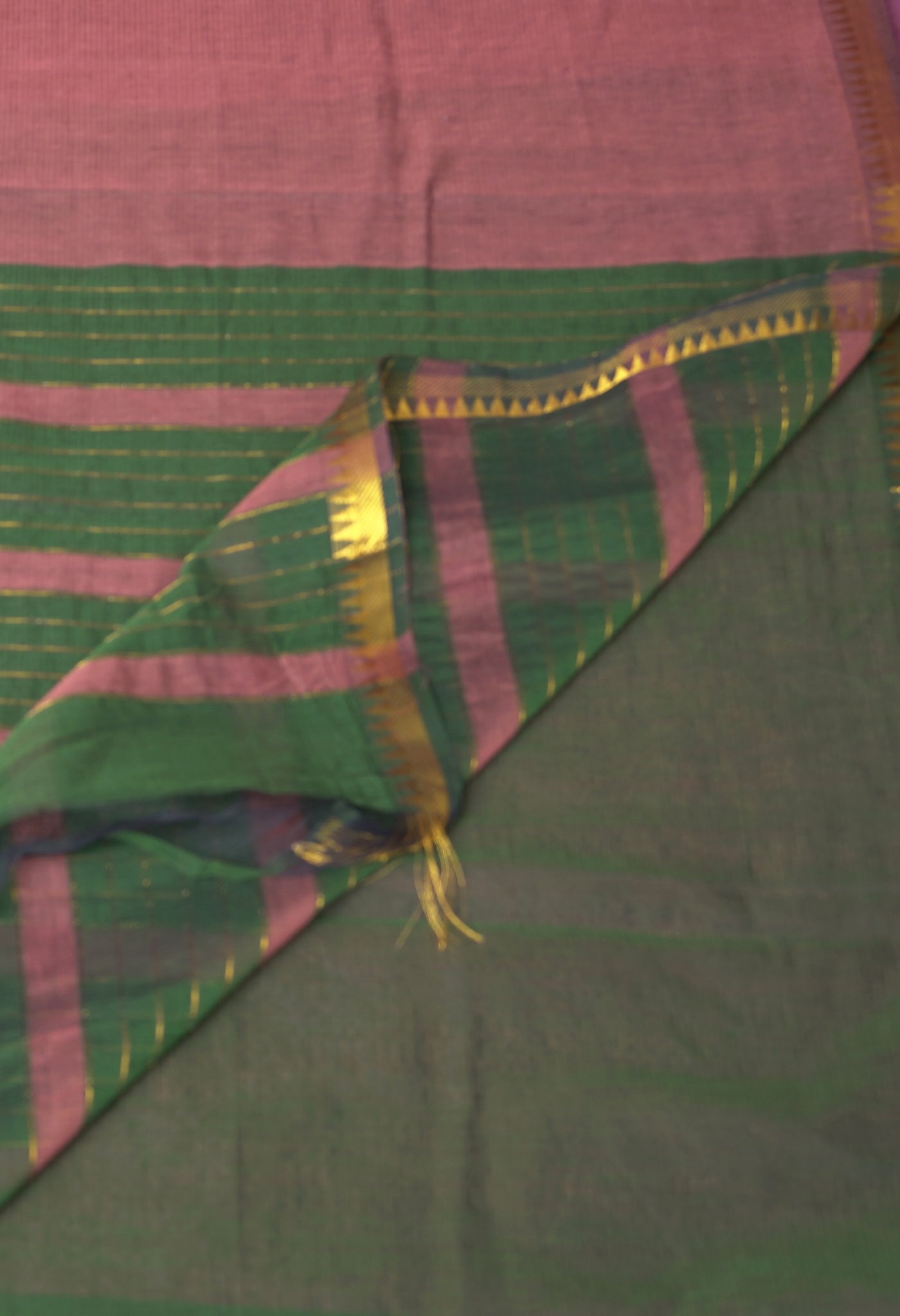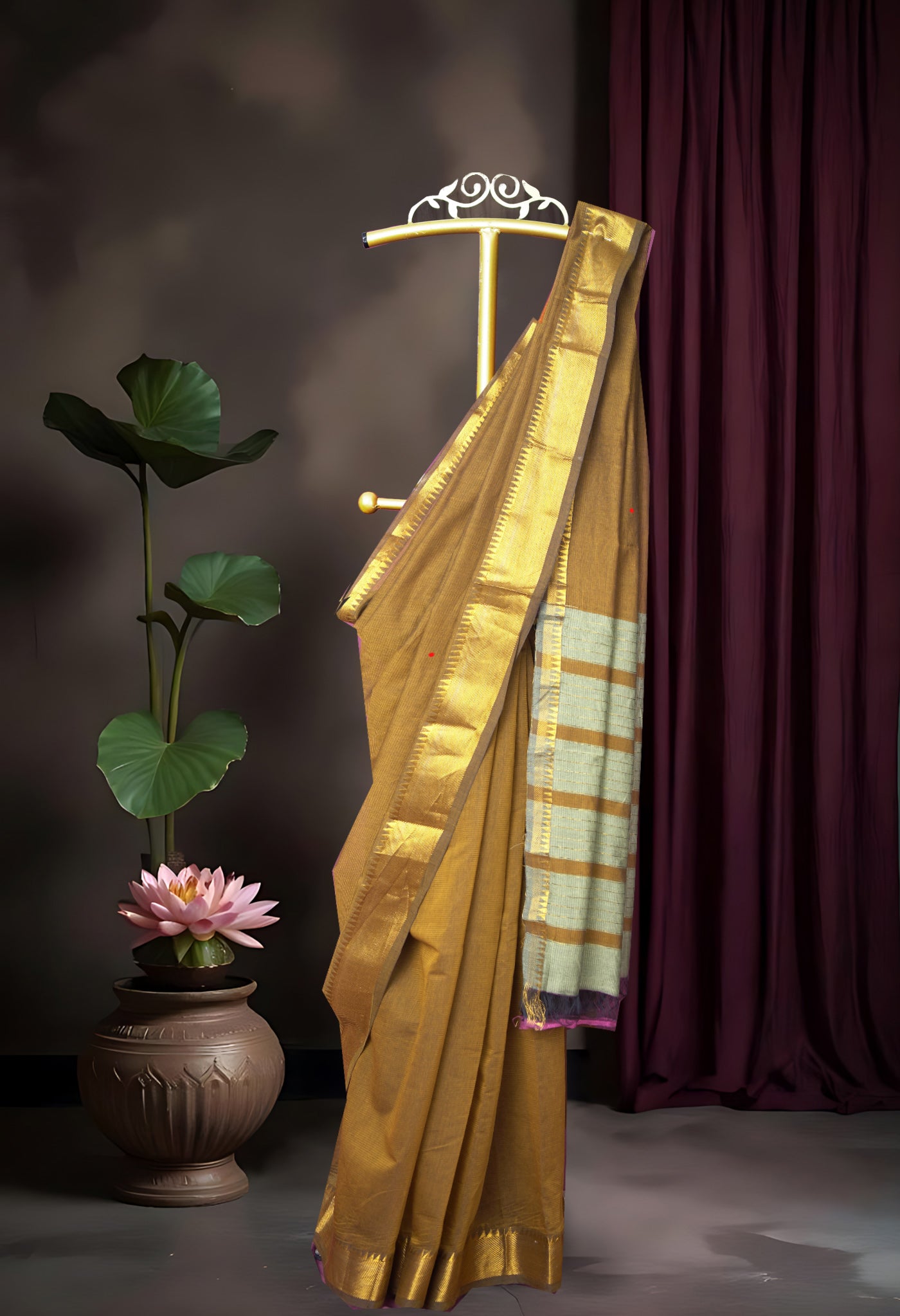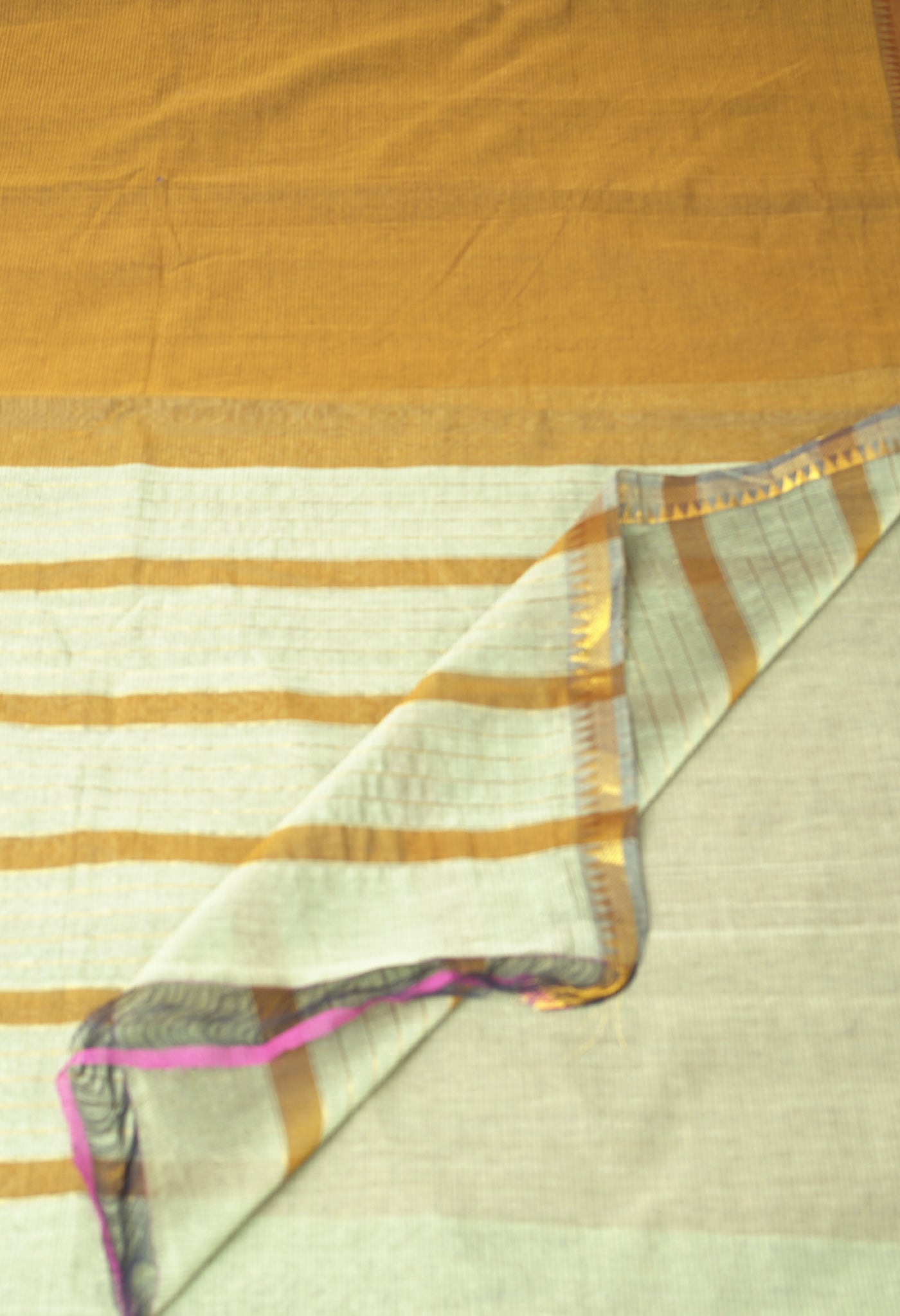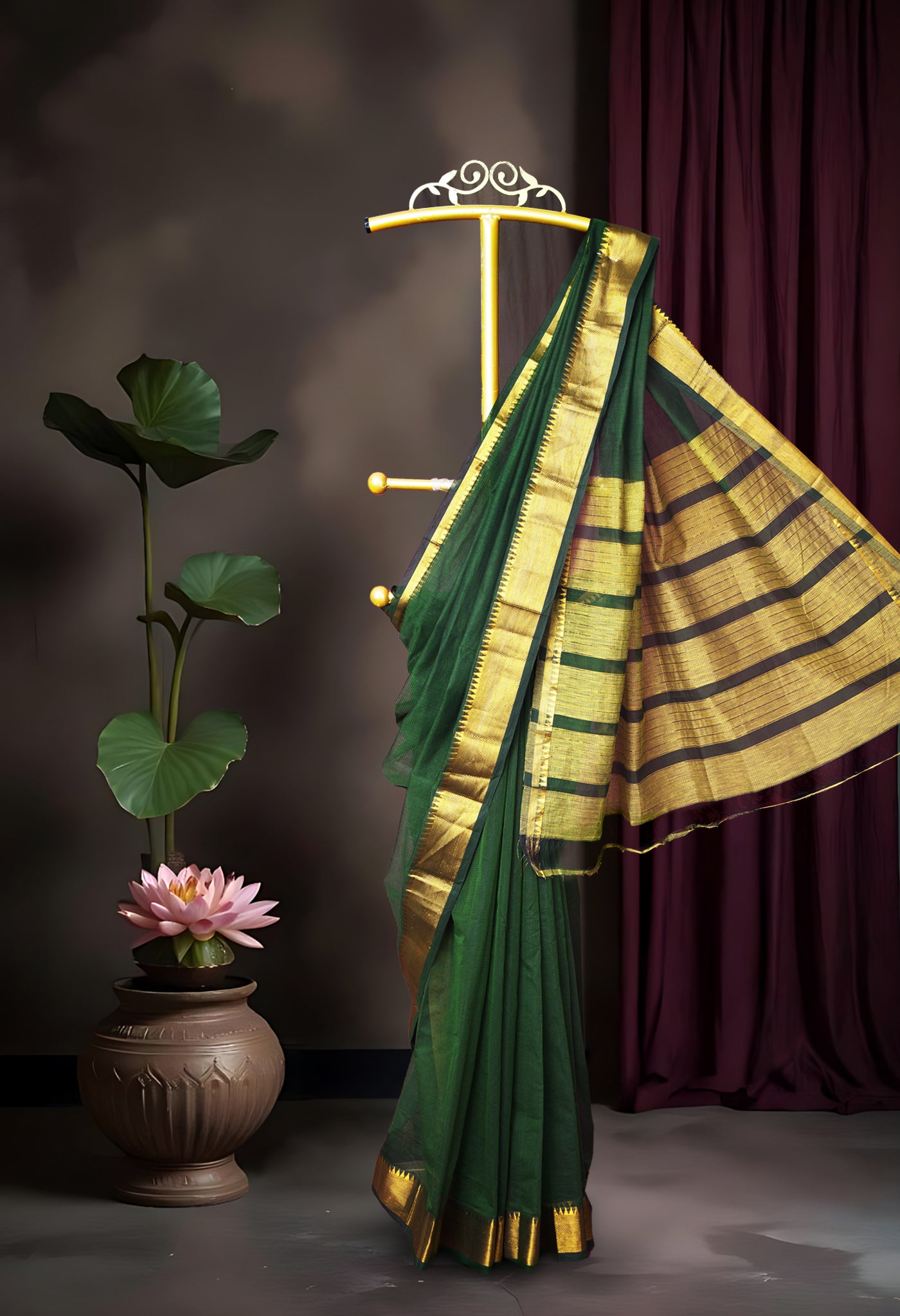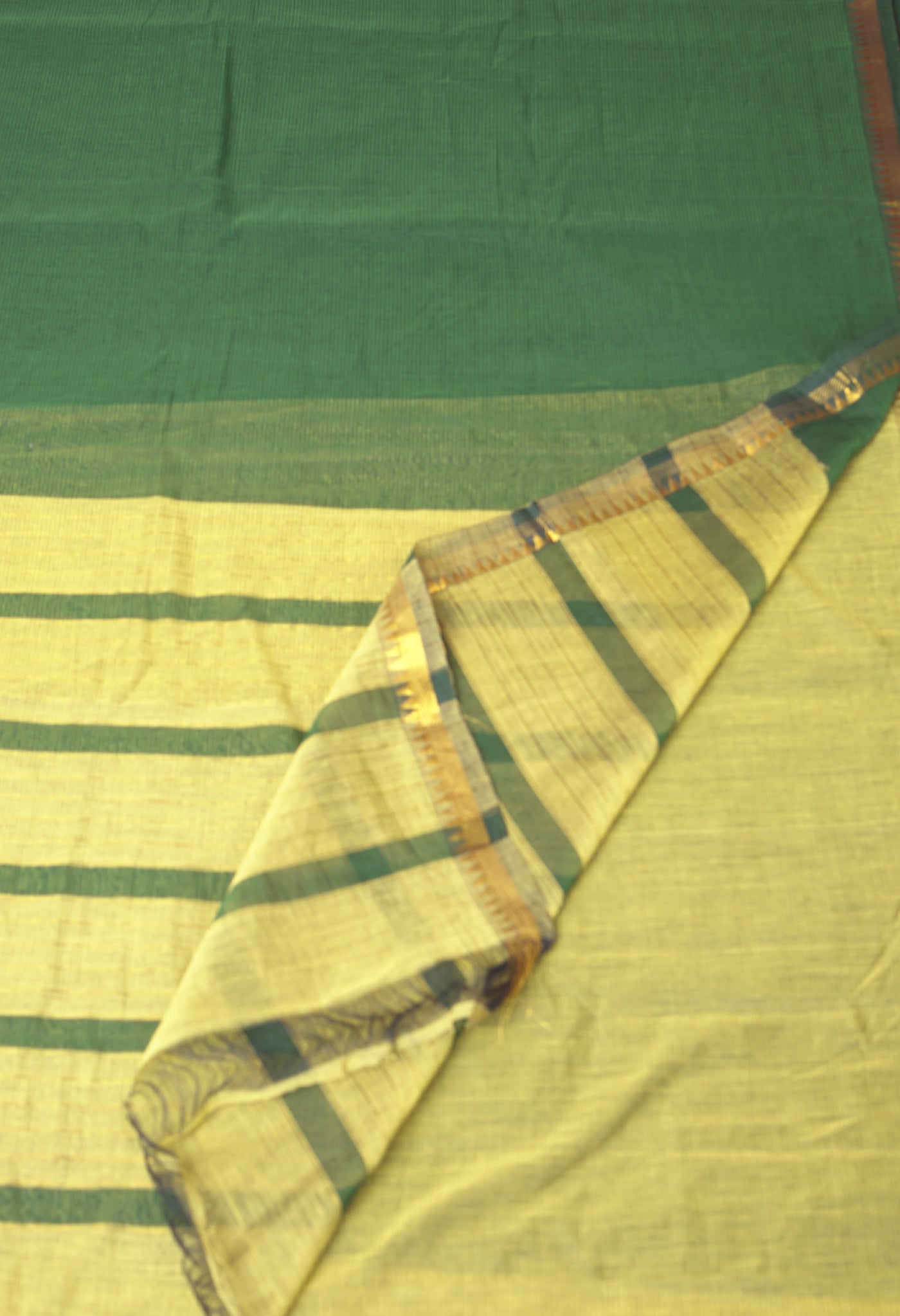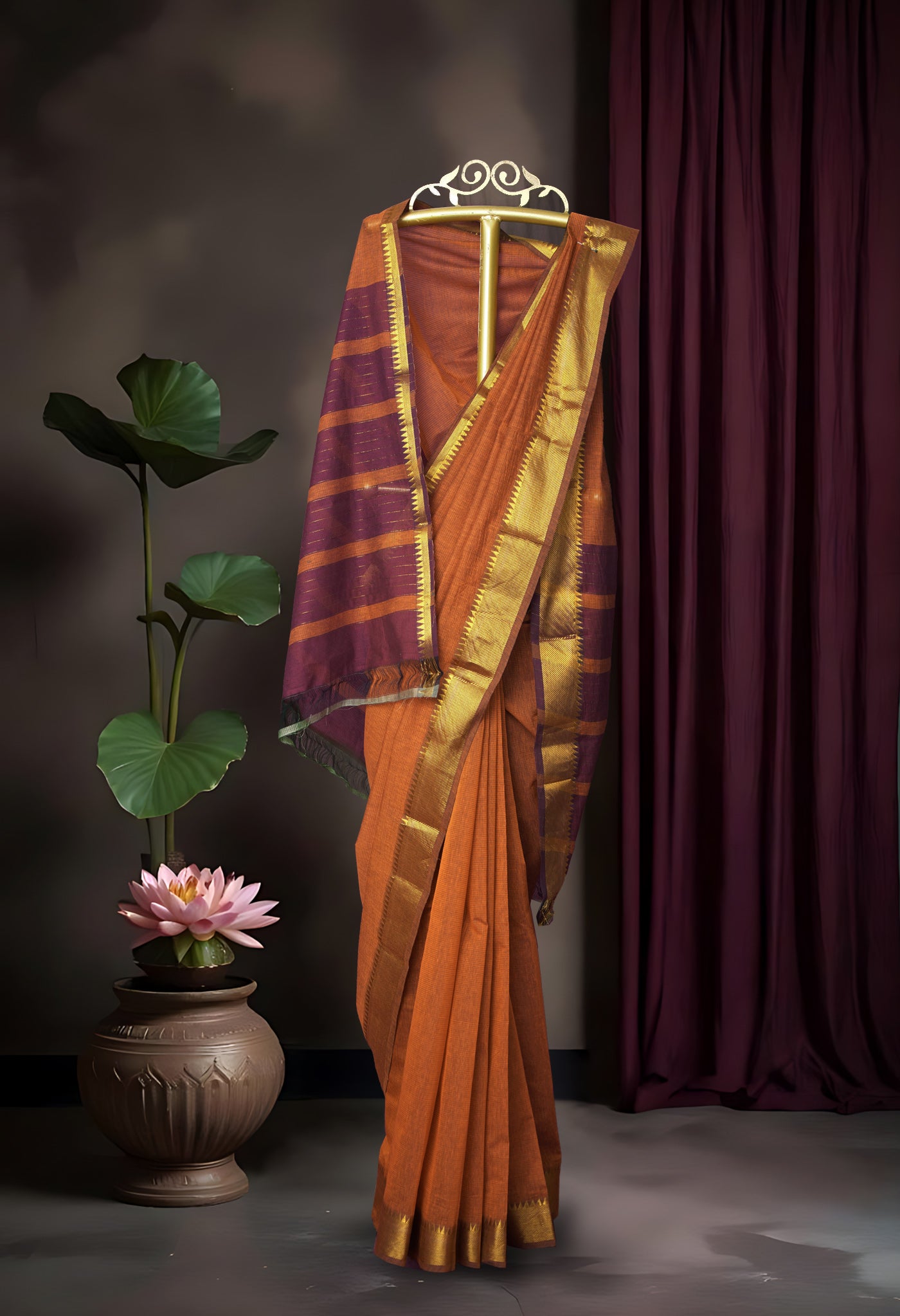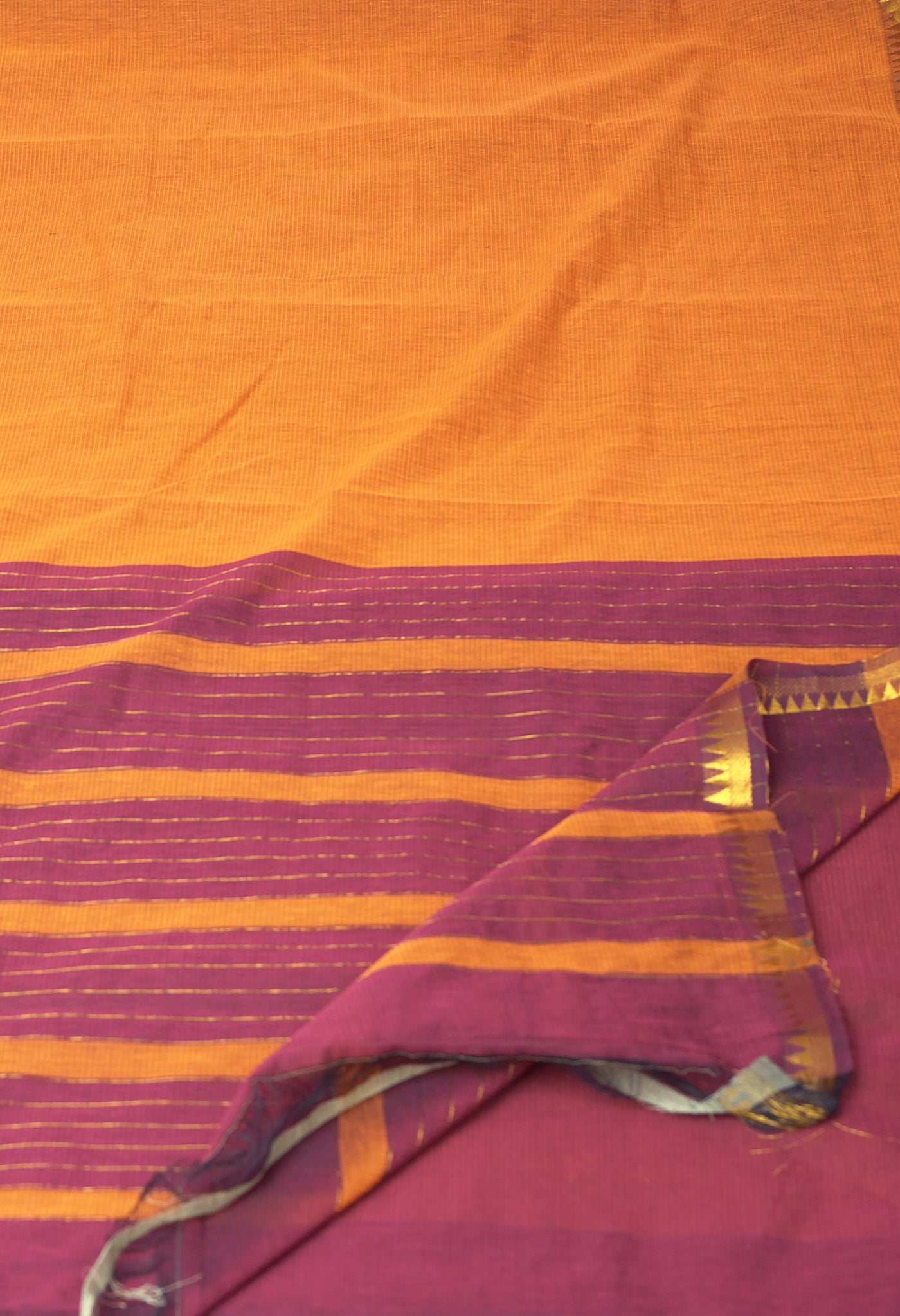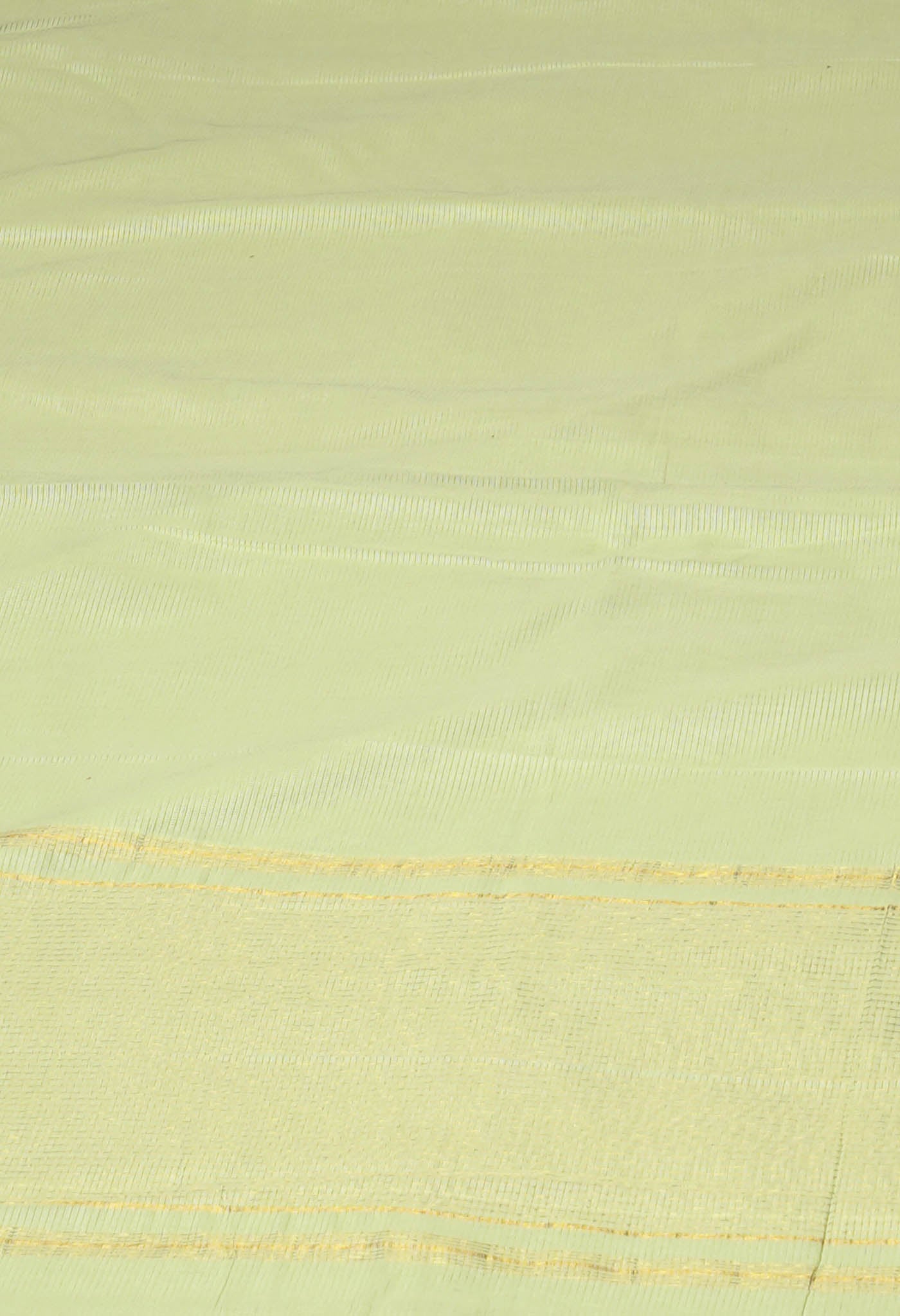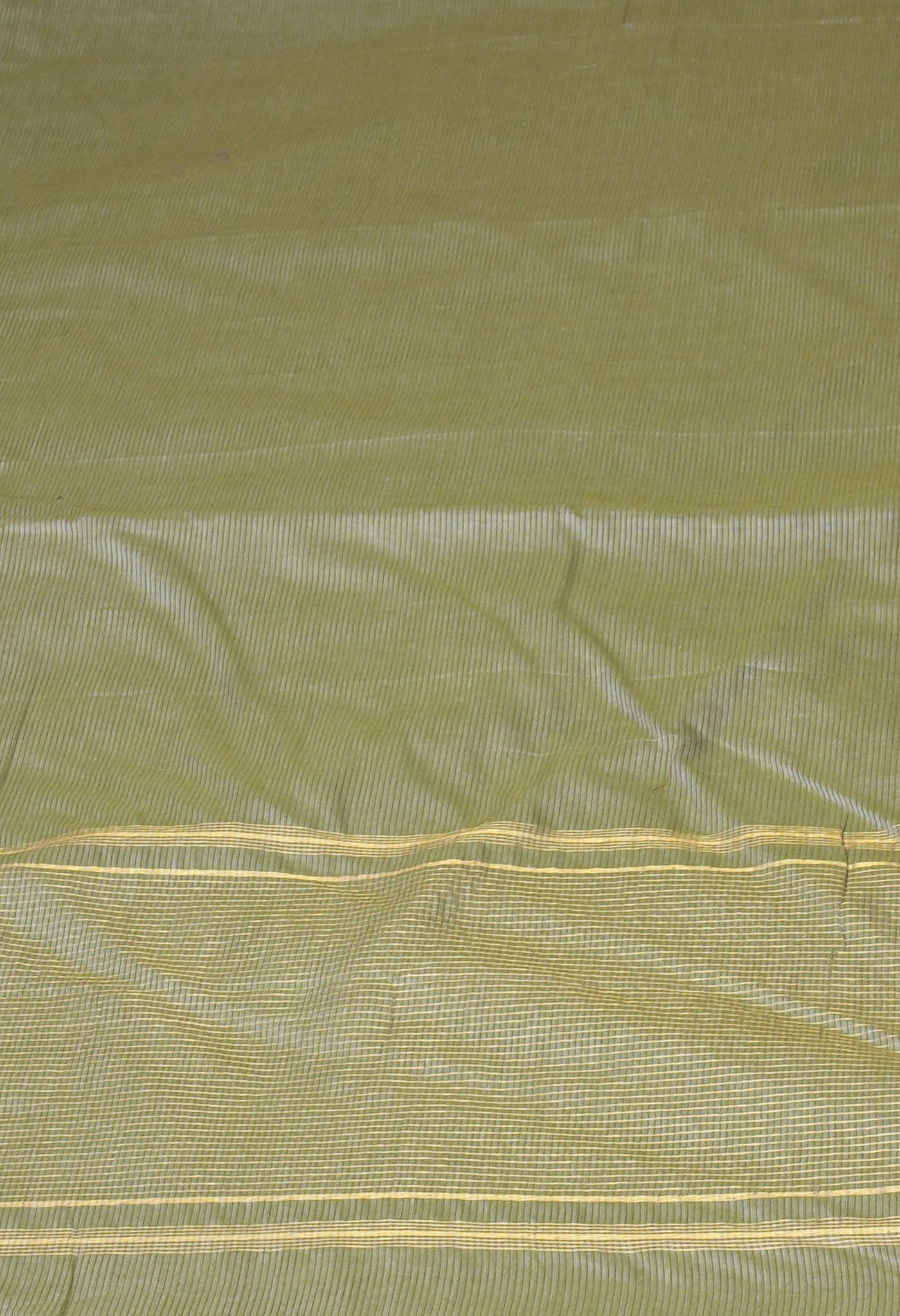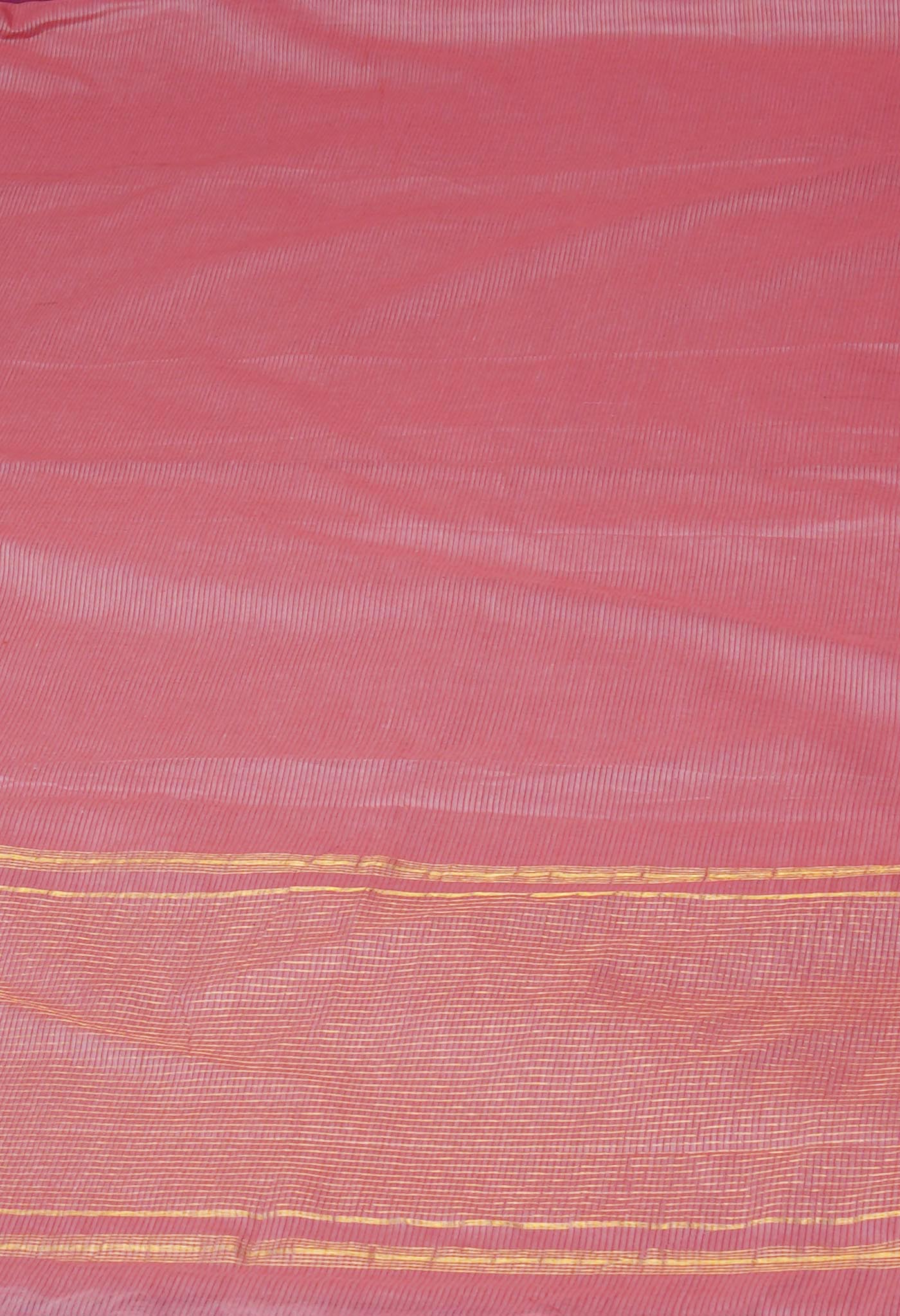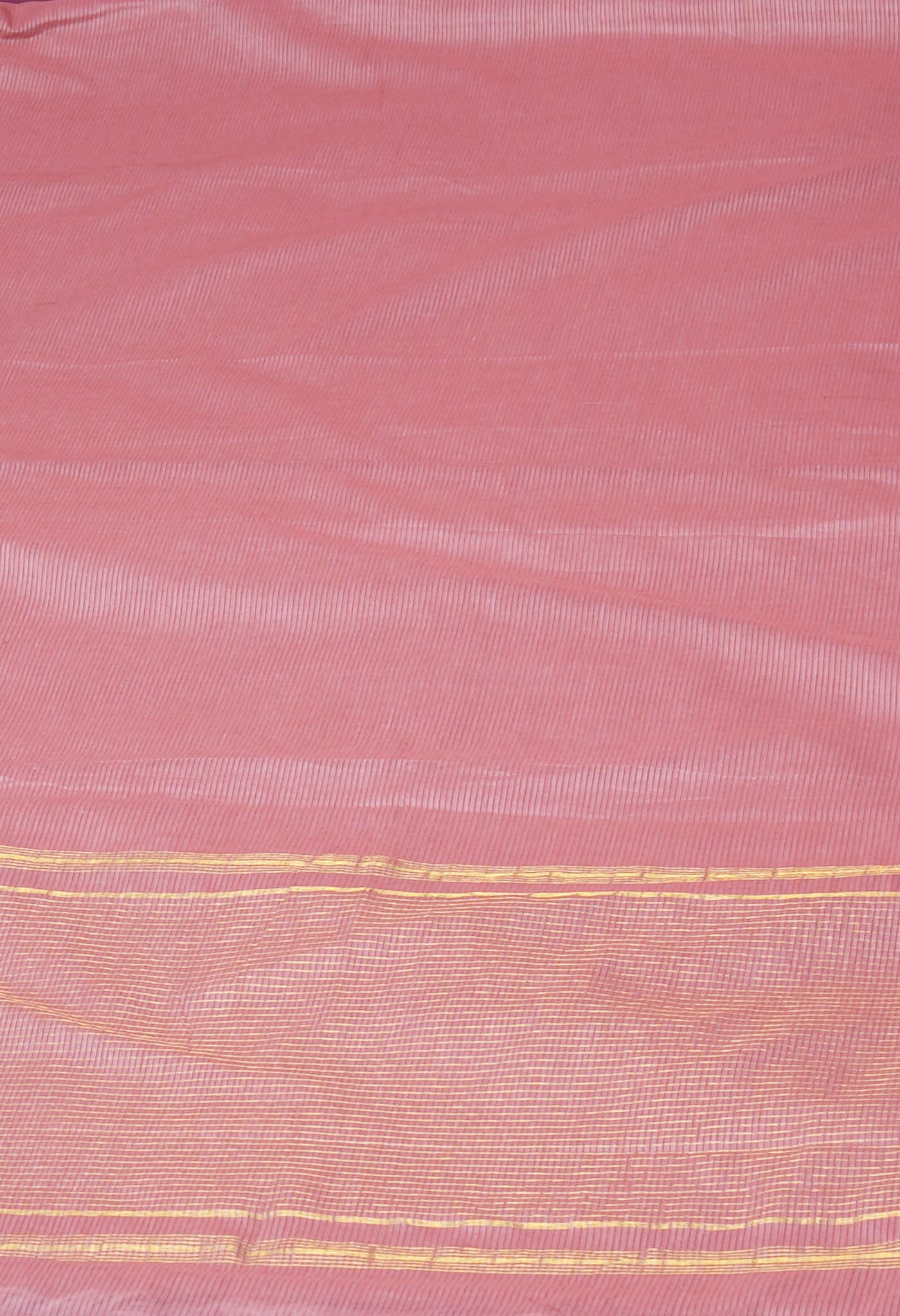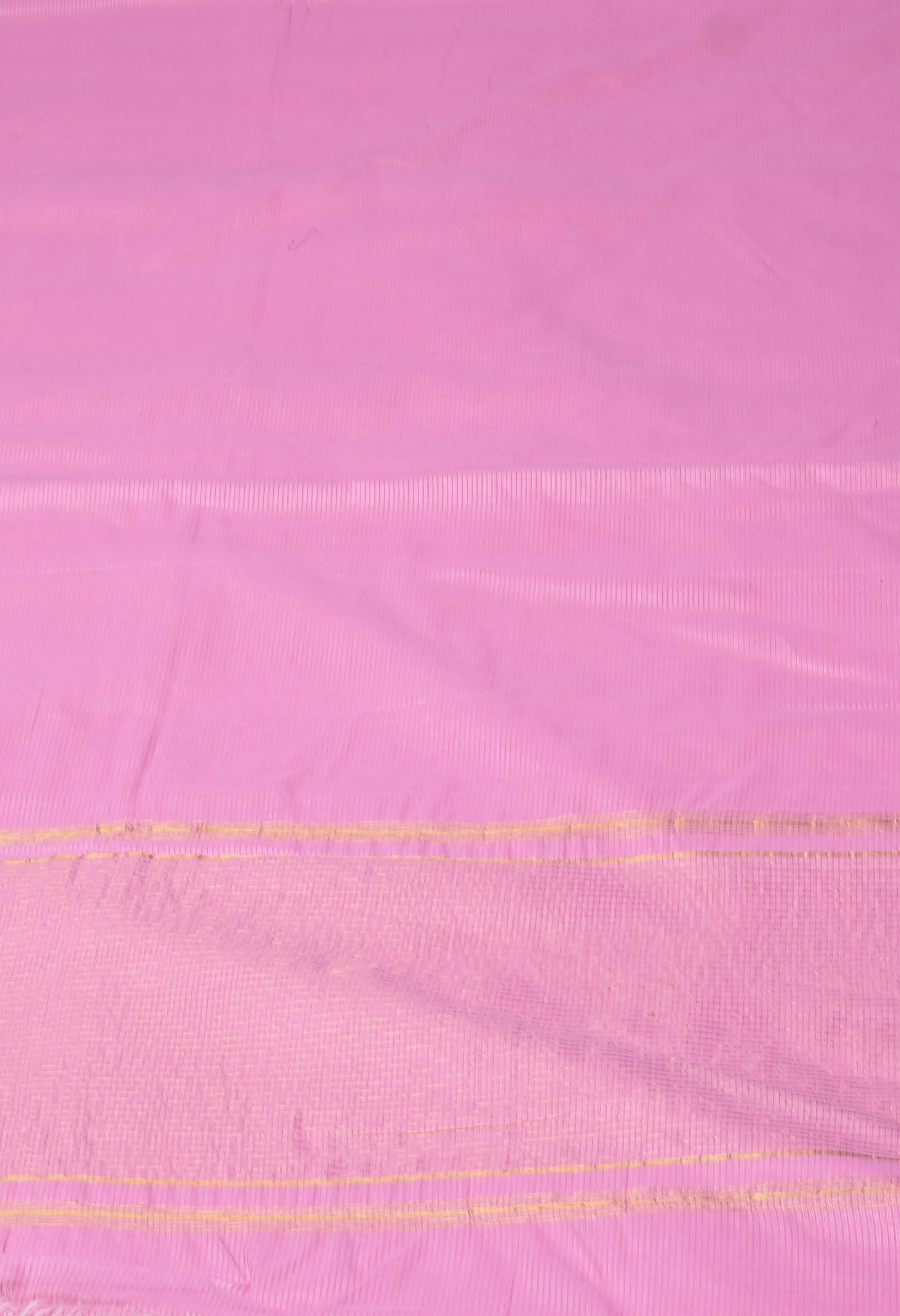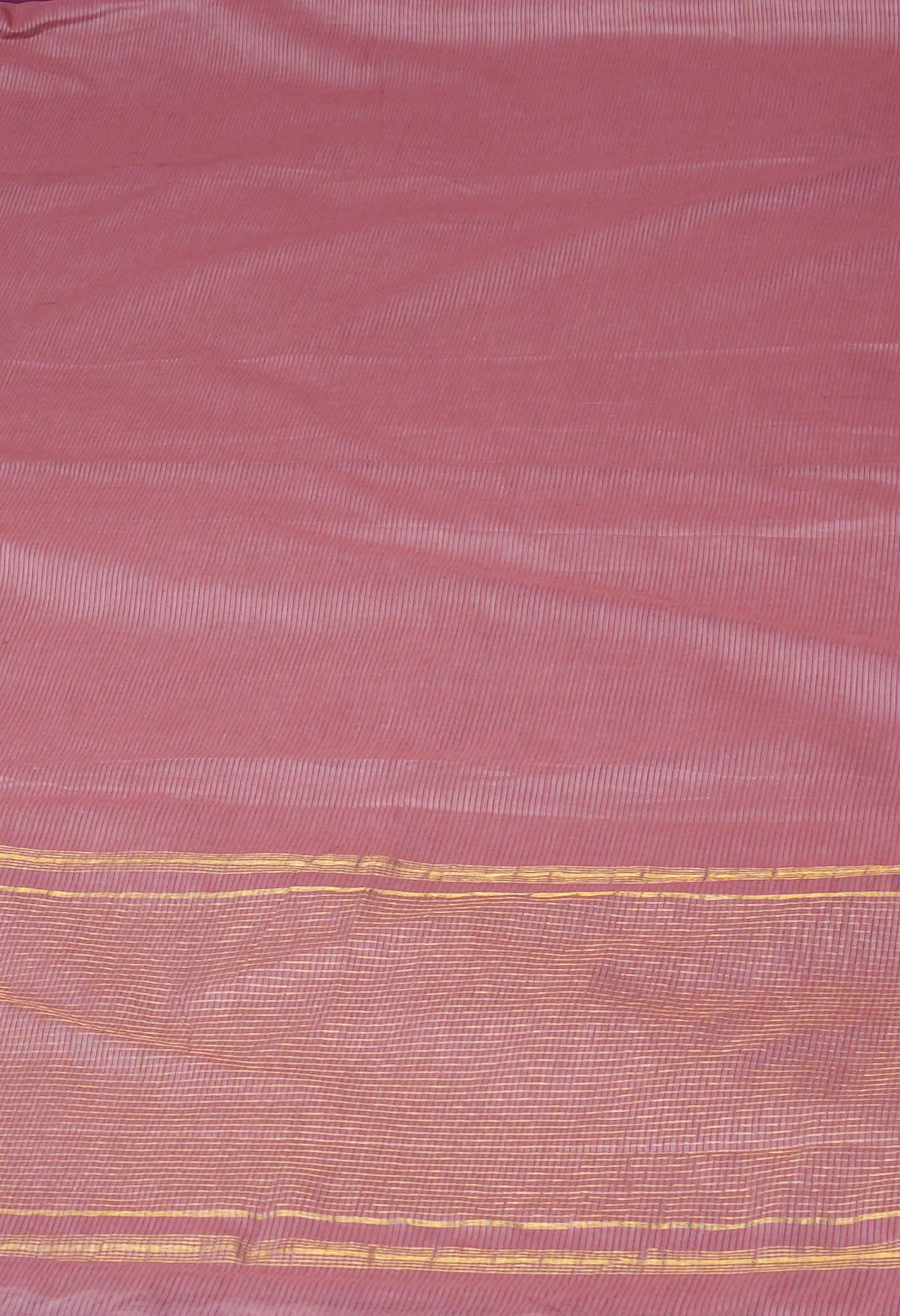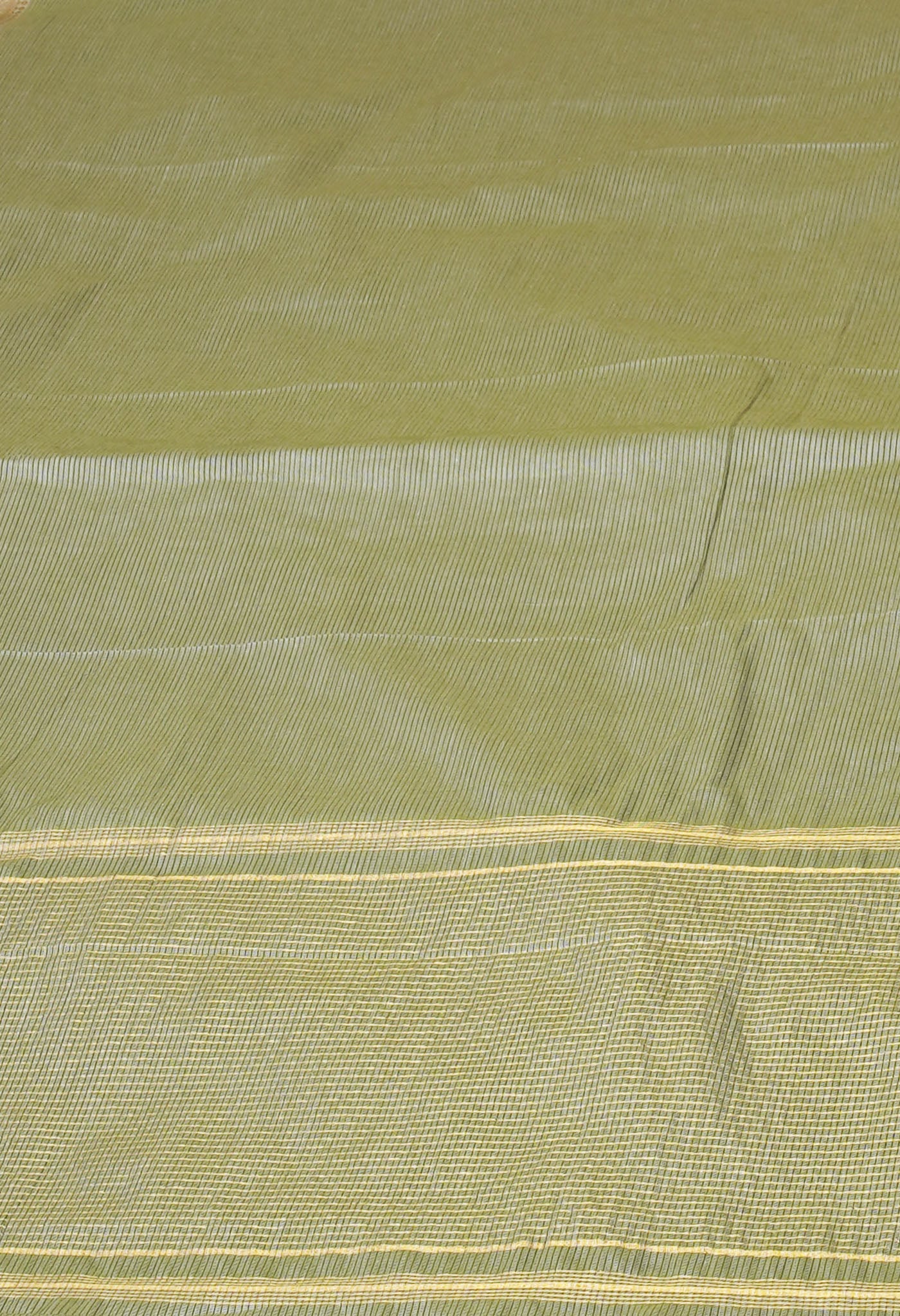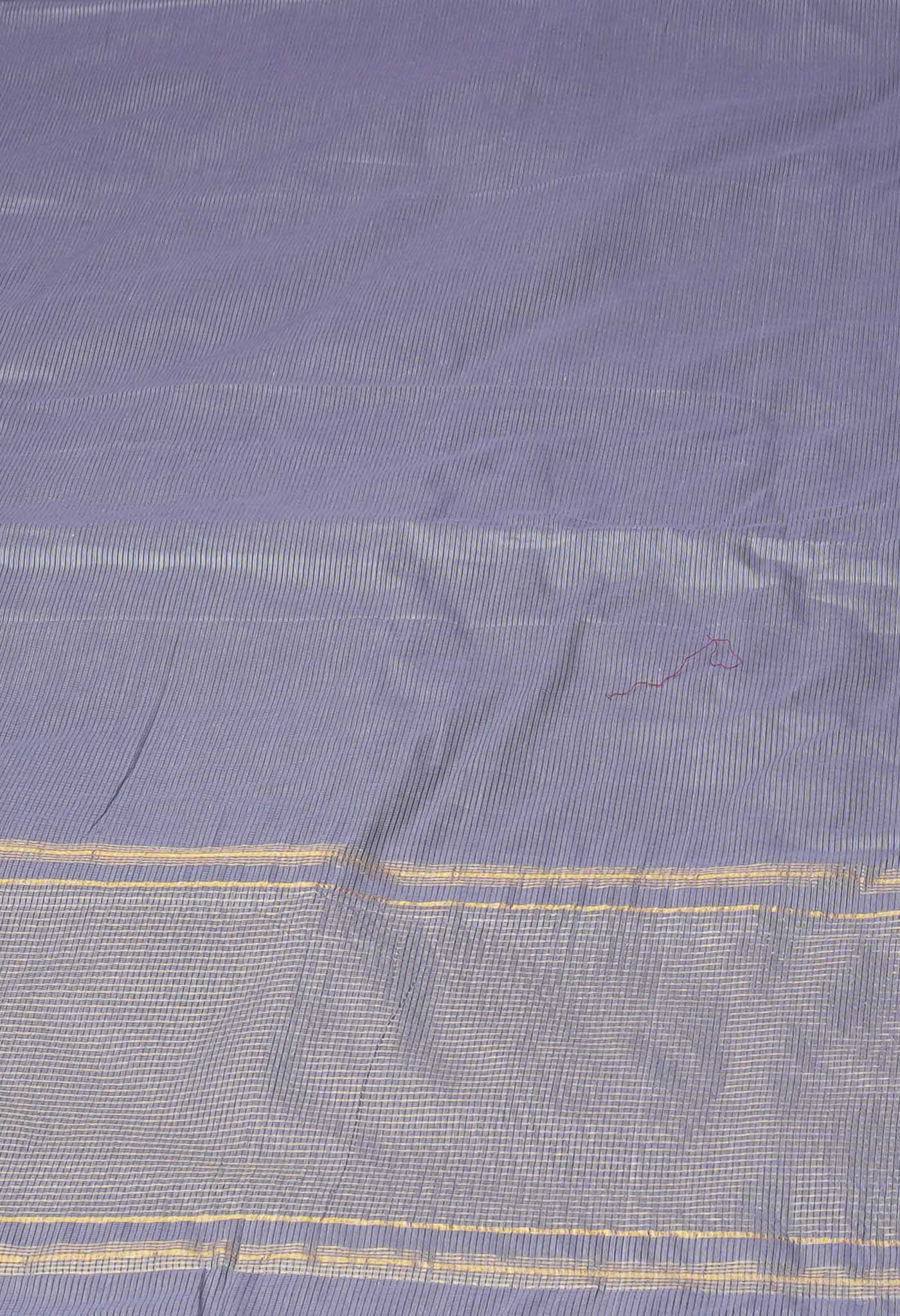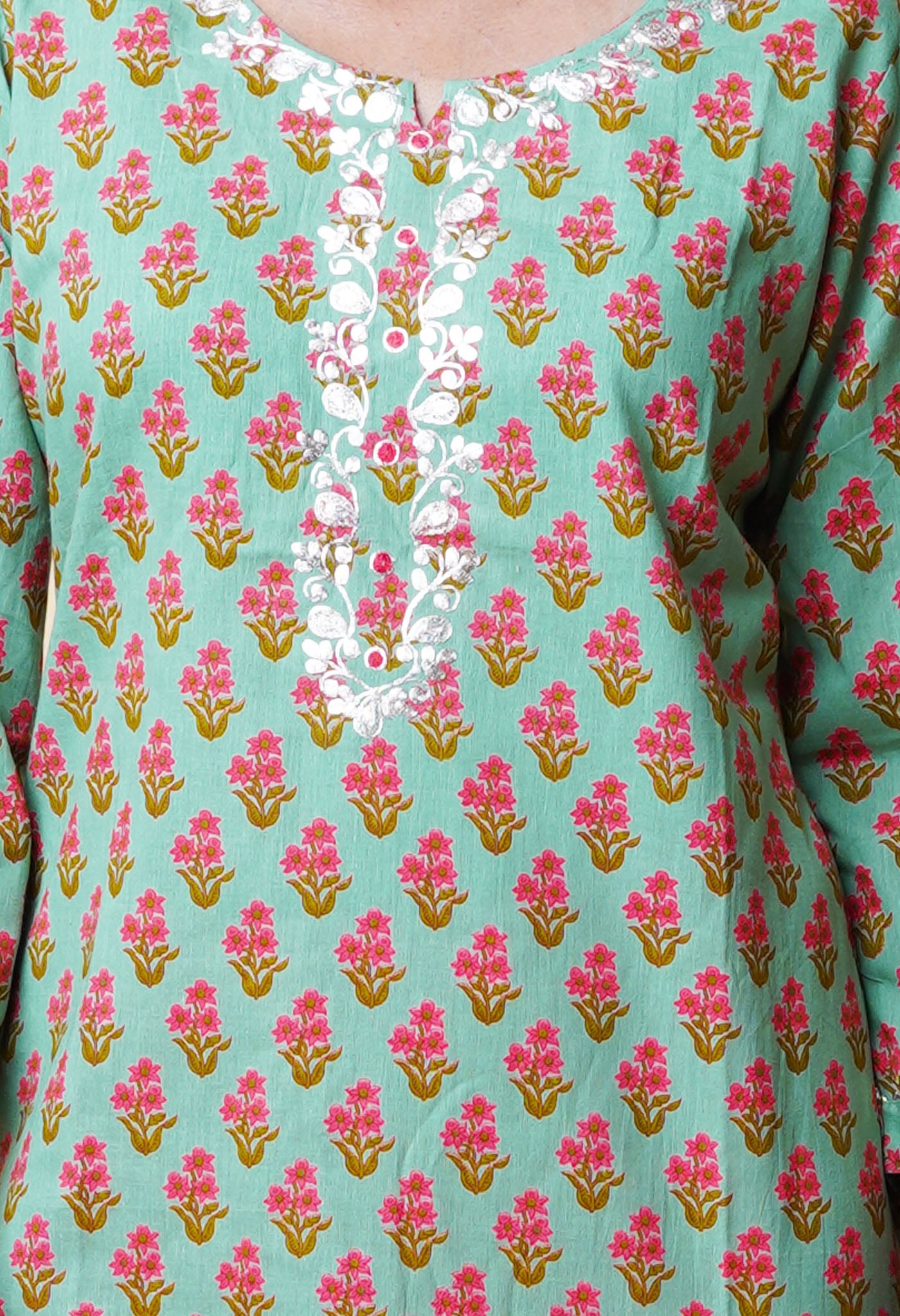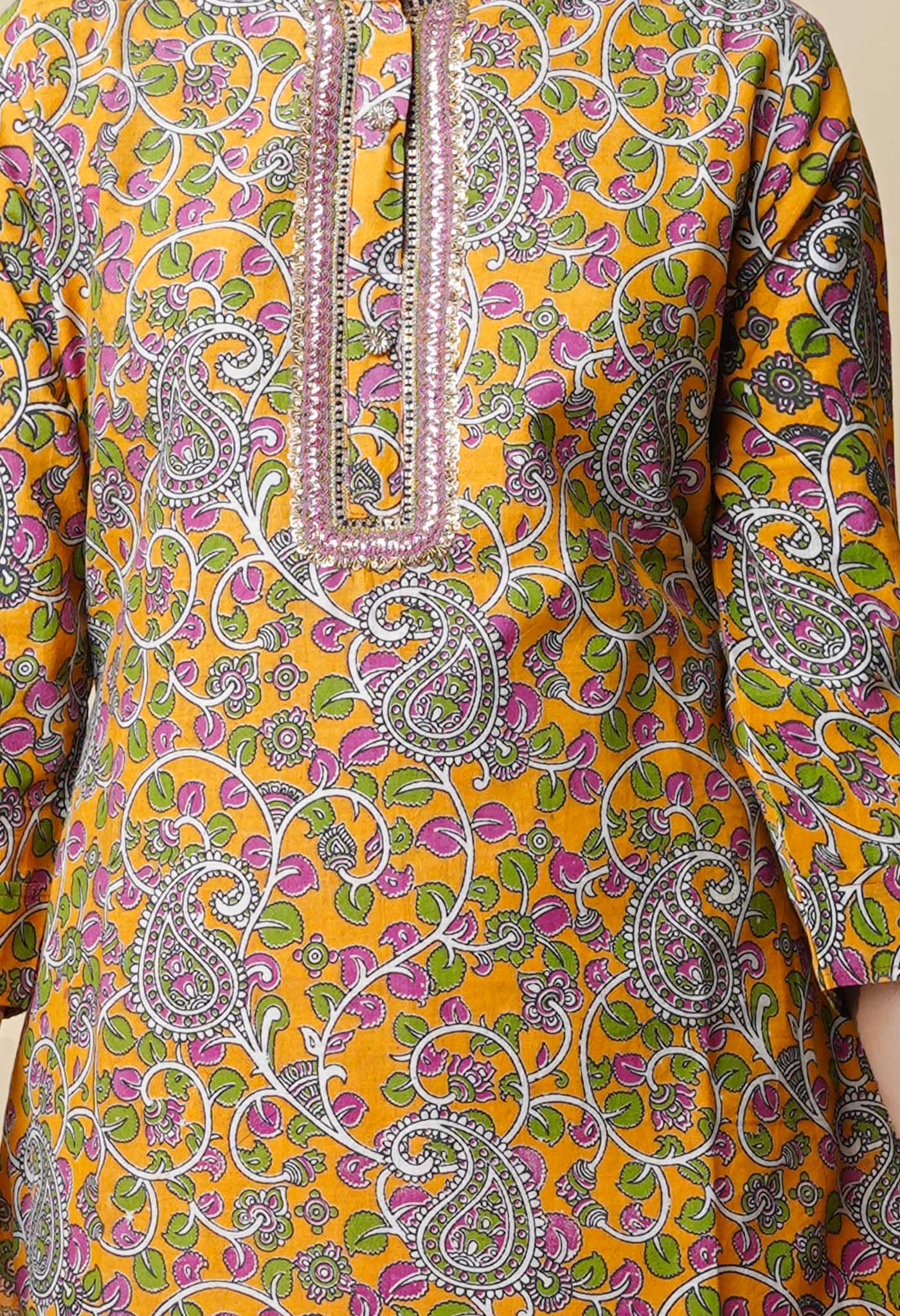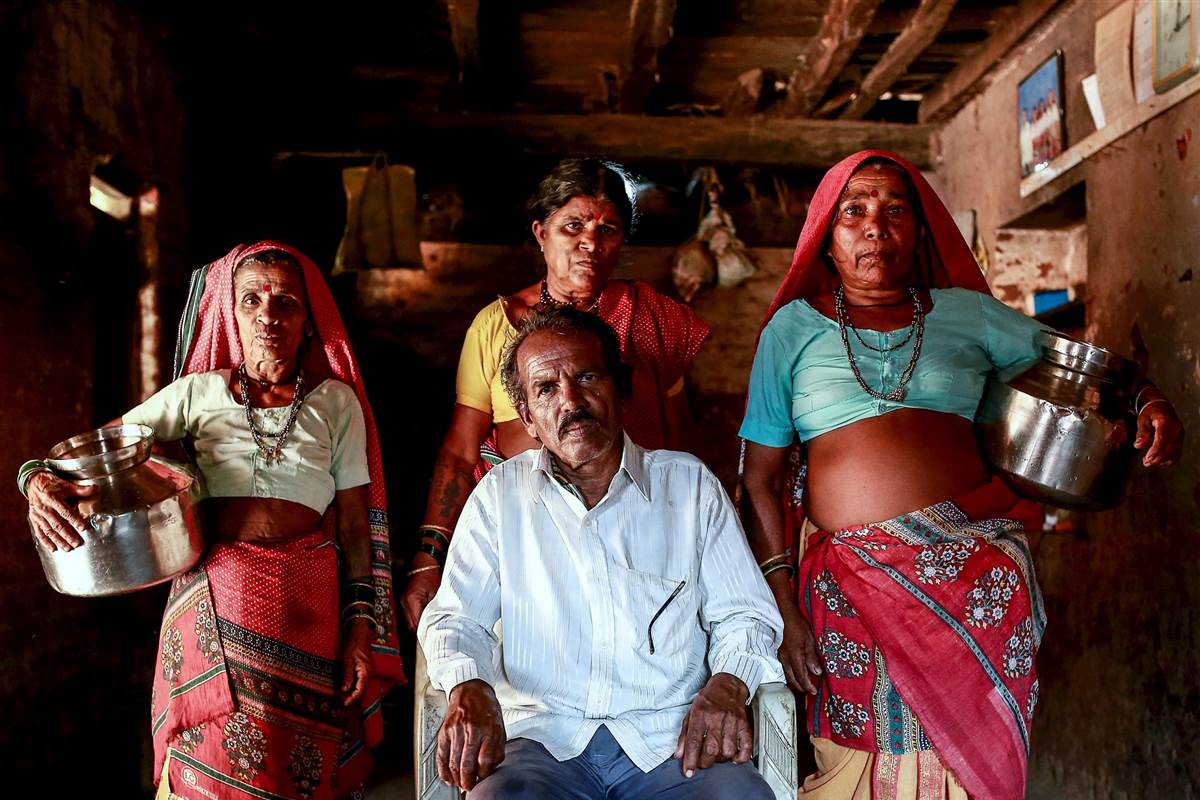
Water Wives – a novel despicable concept
Marrying for fetching water from distant sources - a concept that seems to have originated in Denganmal village, Western Maharashtra. Is it restricted to Denganmal alone? One can guesstimate fairly accurately about this being replicated, considering that Maharashtra, India's third-largest state, has more than 19,000 villages that have no access to water as per a govt. report recently.
What is the Water Wives’ Tale?
A couple of years back, research teams of different teams zeroed in on a  place called Denganmal, a typical village of Western Maharashtra. A small village with a population of about 500 or so, it was just like any other, except that what drew people to it was the fact that it had a system of “Water Wives” or “Paani Bai” in local lingo.
place called Denganmal, a typical village of Western Maharashtra. A small village with a population of about 500 or so, it was just like any other, except that what drew people to it was the fact that it had a system of “Water Wives” or “Paani Bai” in local lingo.
The man works in the fields, the woman would run the house, cook, clean,
feed and bathe her children -- but she faced a massive problem: There was no water. Denganmal is in a region routinely subject to drought-like conditions. In the summer months, the heat is so severe that wells run dry and cattle die. There is no water connection in this village. It's in a remote, hilly area, isolated from other villages.
 The solution? Walk quite a distance, several kilometers away to some well or river, carrying vessels to fill up with water. It was an easy 12 to 14 hour based on the endurance and age of the person going to fetch. Leaving daily chores and children alone for so long, were risks the lone woman was unwilling to take.
The solution? Walk quite a distance, several kilometers away to some well or river, carrying vessels to fill up with water. It was an easy 12 to 14 hour based on the endurance and age of the person going to fetch. Leaving daily chores and children alone for so long, were risks the lone woman was unwilling to take.
A brainwave hit one of the villagers and he married a woman who could not fend for herself in life since she was all alone and who willingly accepted to be his wife despite his legally wedded wife already being with him. Her daily task was to fetch water for the house. As the woman aged, a third marriage got the man a younger wife who would carry on the task further. Widows, divorcees or destitutes accepted it since having neither means nor voice. They were resigned to fate and consider it as an alternative that seemed like solace.
The pitiable state of the Water Wives
The Water Wives have to daily perform the same thing – fetch water for the lot, which they have been doing faithfully for several years. In summer especially they leave home at sunrise, carrying empty vessels on their head. They walk through fields and mud tracks, up and down the hilly terrain, to a river from where they fetch the water. Each vessel carries approximately 15 liters of water and each woman usually carries two vessels on her head. During the monsoon months, the walk is shorter because a well close by fills up.
A place to stay, and maybe a little respectability in the village  since they are married was what the other two women would get. The two women have separate rooms and kitchens, and are entrusted with fetching water, while the legal or first wife manages the cooking.
since they are married was what the other two women would get. The two women have separate rooms and kitchens, and are entrusted with fetching water, while the legal or first wife manages the cooking.
This is not a story, is not a case in isolation, but a hard fact that maybe only mildly shocks when people hear about it, since there has been no objection from NGOs, Women’s welfare groups, govt. representatives etc., nor has it been raised at any forum with a loudness to reach the Parliament.
There are cases in many households within the village and there is no objection to the system since the reasons attributed, garner understanding from the village Panchayat despite it flouting the Hindu law prohibiting bigamy and polygamy.
The ground reality
- The life of a paaniwali bai is difficult and arduous. Despite the scorching sun setting a temperature an oppressive 40° Celsius and above, a steady stream of women can be seen walking to the dam with aluminum pots perched on their heads. Is this sham marriage a compensation for such an inhuman consideration?
-
 Three kilometres from Denganmal village is also a dam on the river whose reservoir has abundant water. But while pipes take this water all the way to Mumbai, there is no pipeline to the village. In fact the women from Denganmal often trudge to this dam to fetch their water. Is the govt. Is this in the spirit of Sab Ka Saath Sab Ka Vikas, when a govt. laid pipeline or a feasible solution to get the water to the village could improve things drastically?
Three kilometres from Denganmal village is also a dam on the river whose reservoir has abundant water. But while pipes take this water all the way to Mumbai, there is no pipeline to the village. In fact the women from Denganmal often trudge to this dam to fetch their water. Is the govt. Is this in the spirit of Sab Ka Saath Sab Ka Vikas, when a govt. laid pipeline or a feasible solution to get the water to the village could improve things drastically?
- Little has changed in Denganmal over time. There's still no water in the village. So wives two and three must still go out and get water every day. They need it to cook, clean, bathe and wash utensils and clothes. Officially it is known yet nobody has bothered to address this problem. The age-old mindset of ‘Women are meant to serve’ still continues in India despite visions of modernity.
- It is common knowledge, the village Panchayat knows about it, the authorities have known about it. A social malaise that strangely finds acceptability, and a cheap solution that seems to work well in rural India with no resistance from the women concerned. It is like women are seen as the substitute of water pipes or tankers.
- Gender inequality is a pressing concern for societies worldwide even today. In developing countries such as ours, socio-economic disparities compound it further.
The Water Wives’ narrative can be extended to the fate of women in India in cities in all walks of society as well. The disparities, the inequalities, that women are subjected to from demeaning male attitudes is evidently on display in homes, workplaces, and every other place around. The shades differ, but the underlying message of male superiority comes through, which though objected to in all quarters finds no real teeth to stop the evil.
It has to be collectively addressed, soon and at every opportunity that comes our way.
[/vc_column_text][/vc_column][/vc_row]

